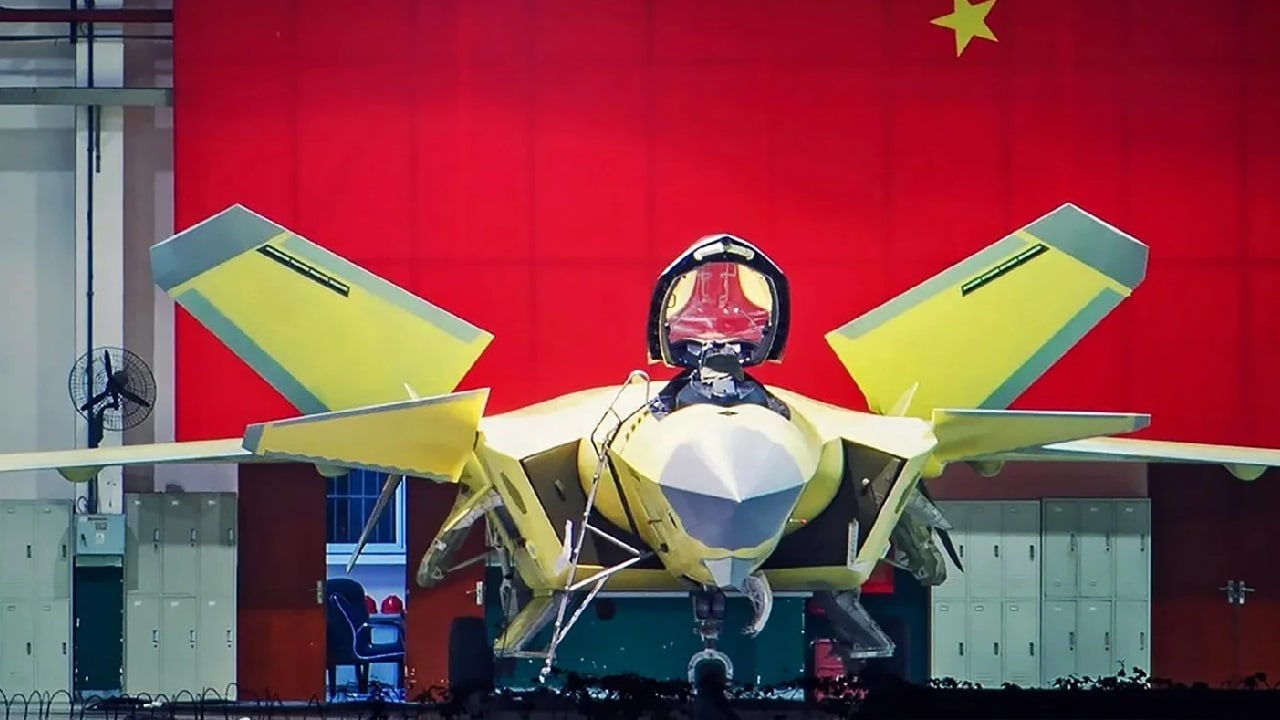The Lesson of Ukraine for China: Grabbing Taiwan would be Harder than it Thinks – There has been much discussion that Russia’s invasion of Ukraine is an encouragement for China to consider its own land-grab – of Taiwan. Taiwan and Ukraine are indeed in similar geopolitical positions. Both are treated as dissident territories by a large, belligerent, autocratic neighbor. Both look to the US and other democracies for help but lack formal alliances with them.
Further, the position of the democratic world toward them both is ‘strategic ambiguity.’ Neither can be sure the democracies will help them. The logic is that this vagueness will discourage direct intervention by China and Russia. Simultaneously though, the democracies have sought to develop robust state capacity and military capability in Ukraine and Taiwan, to improve their ability to defend themselves and, ideally, deter Russia and/or Chinese attack.
Deterrence has obviously failed in Ukraine. The parallel concern now is that it will also fail in Taiwan, inspired by its failure in Ukraine. That is, China will learn from Russia’s attack that it too can attack, with outside military intervention precluded by its nuclear weapons. Chinese media leaks have even admitted that Russian support on Taiwan in the future is the reason Chinese media today should equivocate on the Ukraine war.
But there are alternative, more practical lessons, derived from the actual course of the war rather from deterrence theory:
A Mobilized, Patriotic People will Fight
The working assumption that Russia will defeat Ukraine, or that China will defeat Taiwan, stems from asymmetry. The size and skill of the Russian military, which spent the last decade undergoing an expensive modernization, should outweigh and outfight a middle power with a weak state and mid-size military. Indeed, Putin seemed to expect exactly this. It is now apparent he expected a blitzkrieg – a quick victory to install a pro-Russian stooge, followed by a quick withdrawal.
Instead, he collided with a wall of ferocious nationalist resistance and inspiring leadership. The Russian offensive has struggled, and it is now resorting to long-range fires which inevitably kill many civilians, tarnishing the whole effort. The Ukrainians have won over global public with tenacious courage against high odds. Its information operations have been superb. Its president has become a celebrity. The democratic election of that president means he has popular legitimacy and support. There is now a global effort to help Ukraine fight the war.
China should take note, because all this almost certainly applies in Taiwan too.
A Corrupt Military Serving a Closed Autocracy may Fight Poorly
The poor tactical performance of the Russian military has been a shock. The blame appears to lie with low morale and terrible logistics, especially in the northern drive on Kiev. Much of this has been blamed on corruption in the Russian military. The result is an impressive-looking military with vehicles lacking fuel and ammunition, or breaking down because of poor maintenance and kit; conscripts confused about what they are doing in a war, abandoning their vehicles; and a growing reliance on mercenaries.
The parallel with China is again striking. Like Russia, corruption in the Chinese state is widespread. The Chinese military is cleaner than it once was, but the People’s Liberation Army is participant in China’s for-profit economy in a way we often see in third-world militaries. Big-spending on flashy modernization is, as Russia is demonstrating, far less valuable than a professionalized military with deep, noncorrupt logistics for power projection. In the Chinese case, that functional logistics tail is even more important than in Ukraine, because China would need to mount the most complex amphibious operation since D-Day 1944 to land a sufficient force in Taiwan.
A Massive Sanctions Backlash
Finally, the democratic world has pushed back hard. Its sanctions cordon around Russia is expanding remarkably fast. Russia’s access to the SWIFT system is contracting; it may soon lose western oil markets; its currency is falling; capital flight is accelerating. Russian President Vladimir Putin will likely win his war, but it will be a pyrrhic victory.
Russia will be isolated from the global economy, probably until Putin is out of power. Russian economic growth will be set back a decade or more. Human capital flight will accelerate; Russians with resources and skills will flee. Needed foreign technologies will be inaccessible. Russia will become even more dependent on natural resource exports. And Putin will find that China, his only remaining big buyer, will insist on cut-throat prices. Putin himself will never be able to leave his country again; he may even face war crimes prosecution.
This too seems likely if China attacks Taiwan. China will also probably win. The sheer weight of Chinese power means that it can bombard the island into submission if necessary to win, just as Putin is now attacking Ukraine’s cities. But all that would likely lead to a harsh cut-off of China from the global economy. Like Russia, China still needs access to western markets to fuel its growth and access critical future technologies. Chinese President Xi Jinping is working to delink China from these markets and make China more self-sufficient, but that will take time, and in a globalized economy where new technologies and resources are scattered around the globe, it is not clear just how much China can decouple and still maintain how growth rates.
So yes, Ukraine could be a blunt-force example to China that it can just grab Taiwan. But after two weeks of Russian blunders and the rapid expulsion of Russia from the global economy, the more nuanced lesson to draw is caution. China may well be able to conquer Taiwan, but if it is anything like the Russian disaster in Ukraine, the costs will be a lot higher than the rewards.
Robert Kelly is a professor in the Department of Political Science at Pusan National University in South Korea and a 1945 Contributing Editor. Follow his work on his website or at Twitter.

